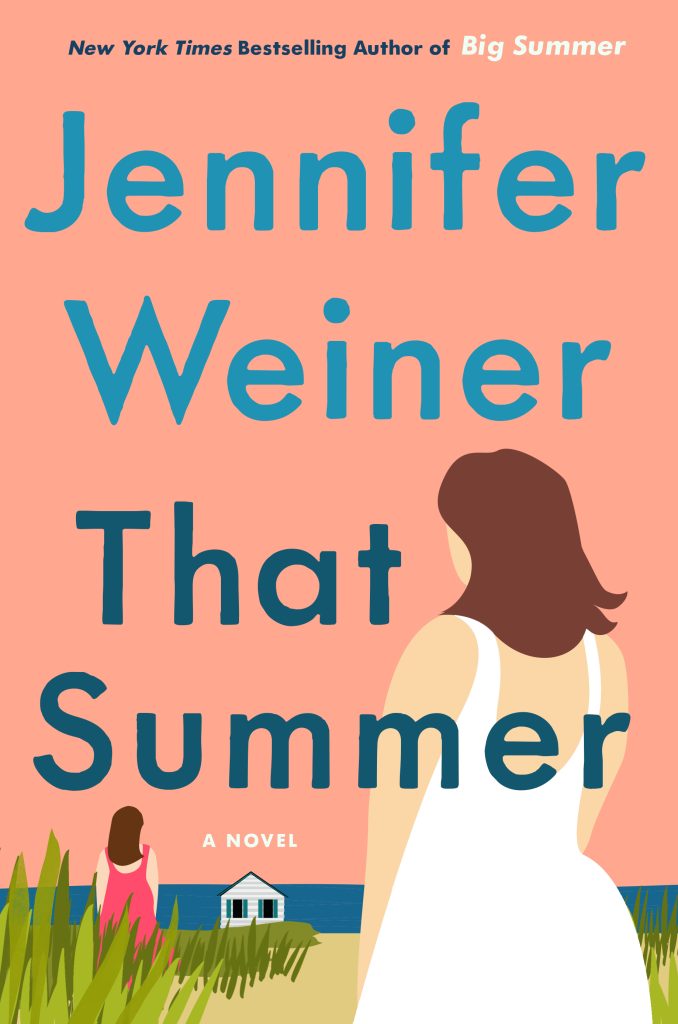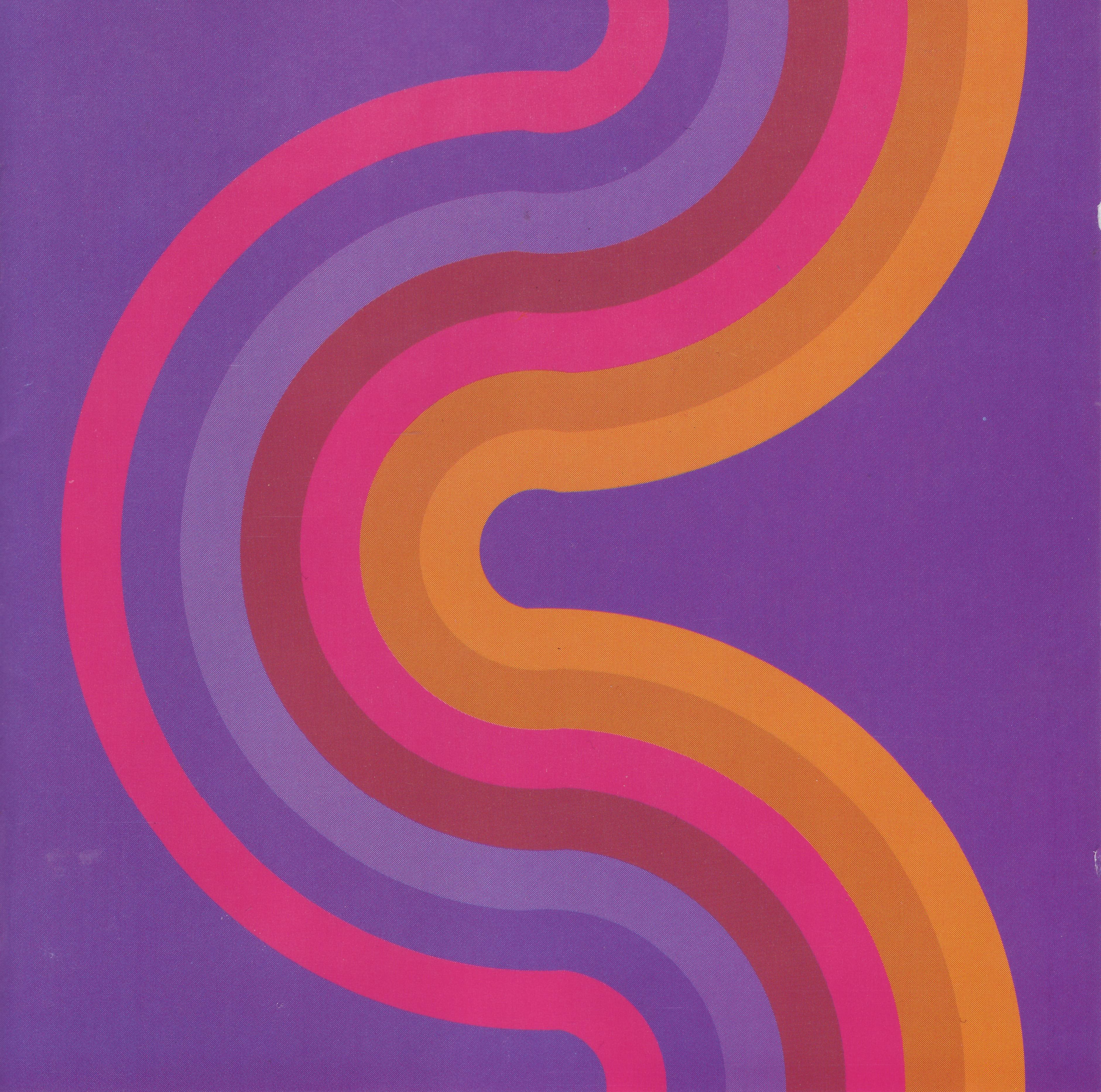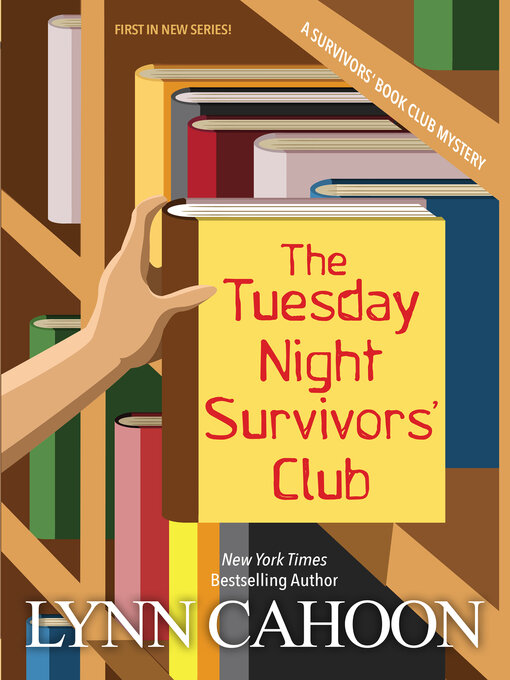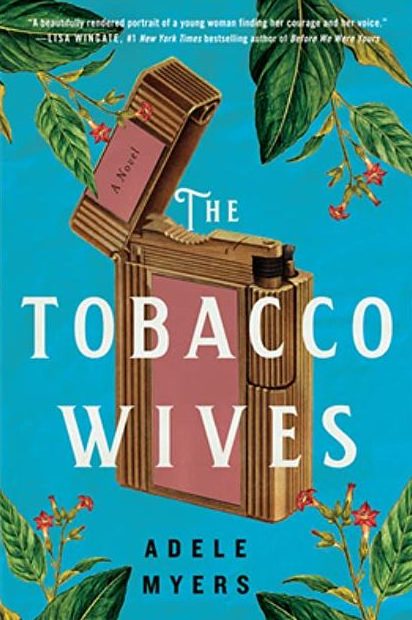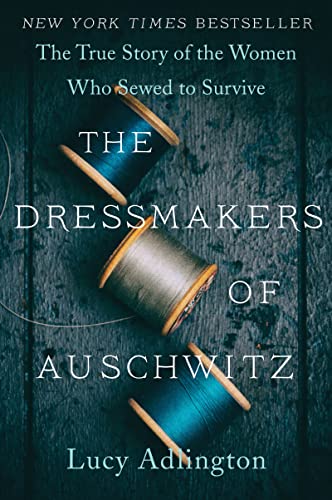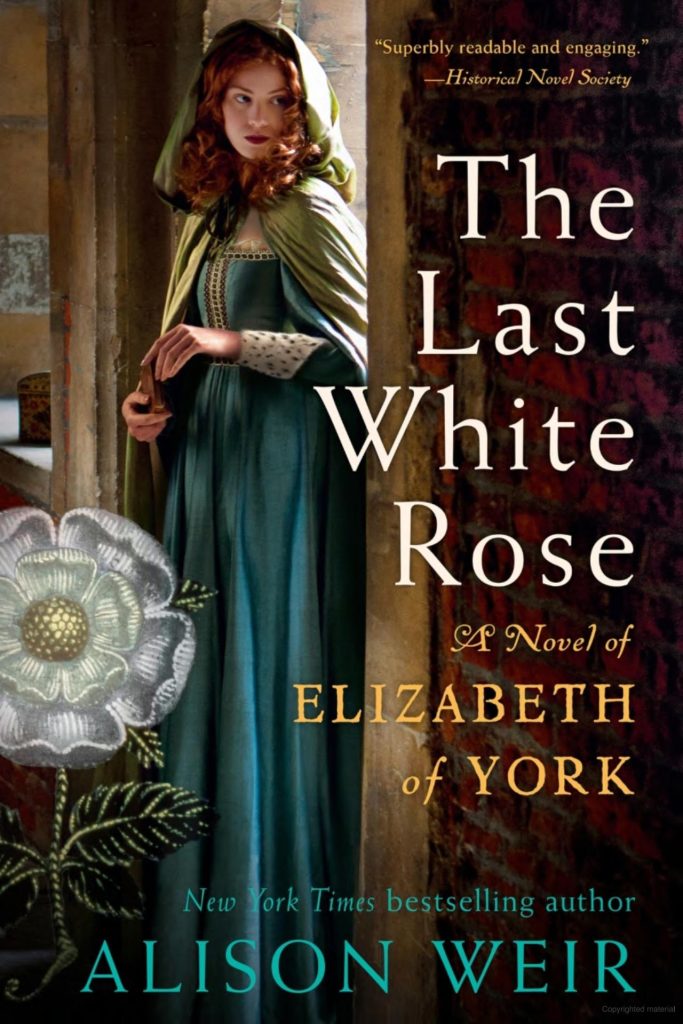Long Live the Pumpkin Queen by Shea Ernshaw
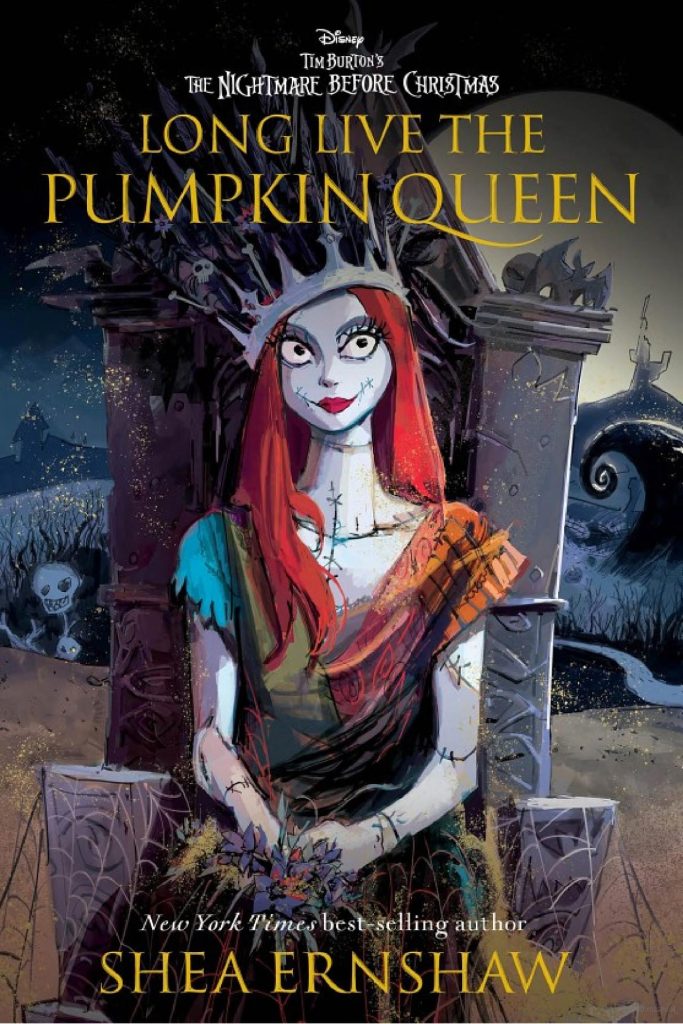
First line: At the crisp, inky hour of midnight, Jack and I are married atop Spiral Hill in the Death’s Door Cemetery.
Summary: Sally has married the skeleton of her dreams, Jack. She is now the Pumpkin Queen but she feels that maybe she is not cut out for the job. After their honeymoon, Sally decides to take some time alone where she stumbles upon a new door hidden in the tree grove. As her curiosity takes over, she discovers the door leads to Dream Town but with her actions she has let a monster loose on the other holiday towns. And now it is up to Sally to figure out how to stop the Sandman and wake the residents of Halloween Town.
My Thoughts: Only several years ago did I finally watch The Nightmare Before Christmas. It really is a fun movie. I liked the music but most of all the technique used to create the movie, stop animation. When I saw that a novelized version of what happens after was being released I thought it would be a fun read for the fall leading up to Halloween. And I did find it fun. A little more juvenile than I had originally expected but still a good little story. It brought all the characters from movie and added several new characters plus we got a peak into Sally’s background.
I enjoyed the narrator. She did a good job of mimicking the voice of Sally from the movie but also adding some the voices of other characters as well.
FYI: Definitely watch the movie, even just for the artistry of it.

